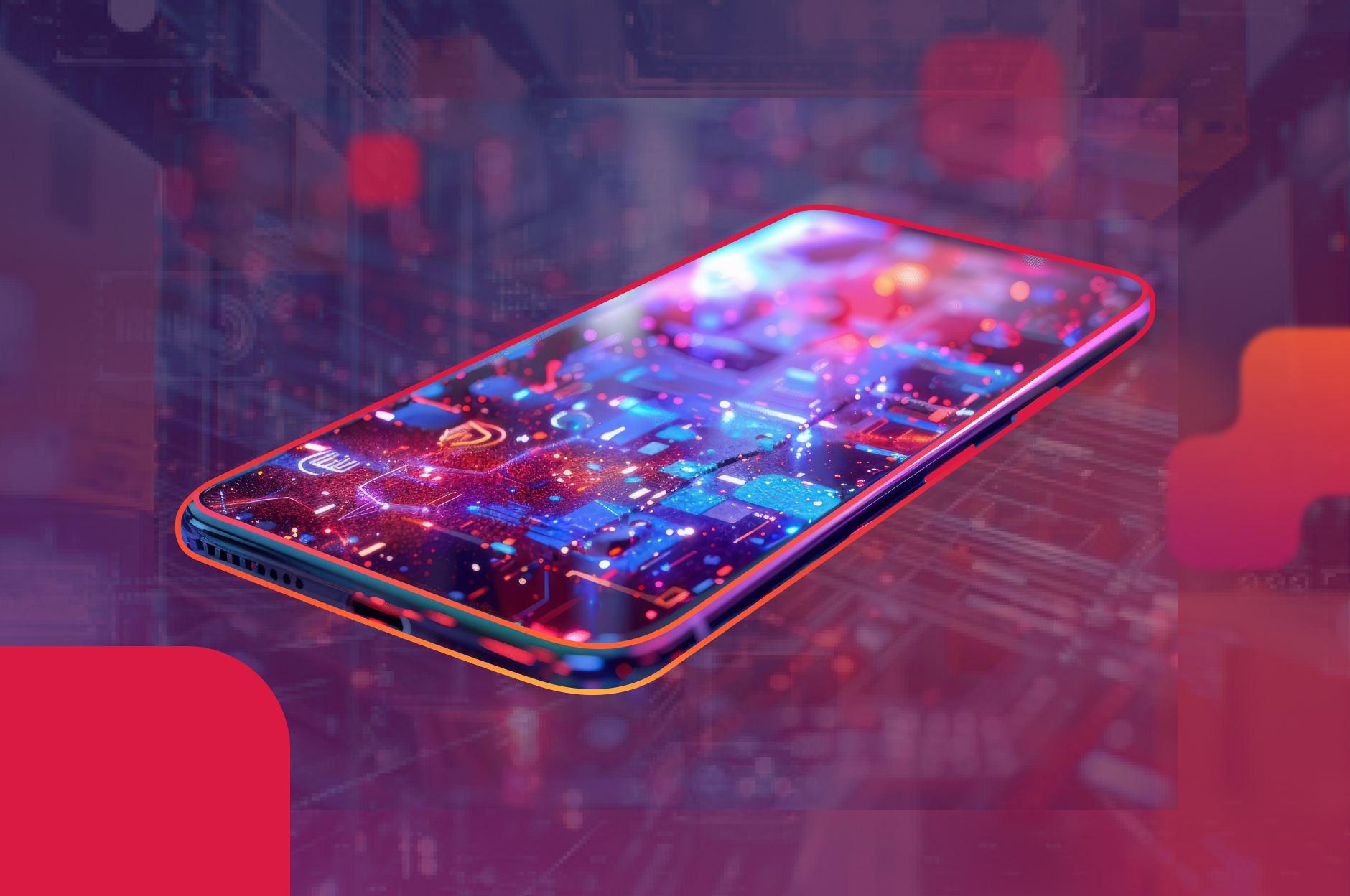

When the British science fiction writer and futurist, Arthur C. Clarke stated: “Any sufficiently advanced technology is indistinguishable from magic”, is it possible he was thinking about the smartphone? While this statement (often referred to as Clarke’s third law) was made in the book Profiles of the Future: An Inquiry into the Limits of the Possible, which was first published in 1962 (some 30 years before the first “smart” device was launched), it was hard to dismiss Clarke’s predictions as science fiction. Clarke, after all, had previous form for precisely predicting the future, having proposed the idea for geostationary communications satellites in 1945 (some 20 years before they became a reality).Like MagicThe fact is, for most smartphone users, the technology behind the experience of using their smartphones is unseen and therefore could well be “magic” and over the next five years this “magic” is set to become even more powerful.Note: The great thing about “magic” is we don’t expect to understand it. Magic just happens and this puts it at an advantage over technology where many people fear a lack of understanding it. As technology progresses, many will just have to accept it as magic.According to the global professional services firm Deloitte in their annual Technology, Media and Telecommunications Predictions report, “invisible innovation” will take the smartphone into a new golden age with upwards of 90 percent of the adult population in developed countries owning a “smart” device.Invisible Innovations Lead to Greater UseAdvances in network speed (with 5G networks prevalent over most developed markets), increased processing power and memory (typically 128GB+ compared with an average of 32GB today) will aid advances in Virtual Reality (VR), Augmented Reality (AR) and enable developers to push the boundaries of their apps in terms of productivity or entertainment.Conversely, while the technology platforms powering smartphones become increasingly more complex, the user-experience will become easier (like magic). This will see an increase in adoption from older and (not necessarily connected) less tech-savvy users, leading to more widespread device usage. Deloitte predicts that by 2023, upwards of 85 percent of 55 to 75 year-olds (and more than 90 percent of the general population) in developed markets will own a smartphone, of which 93 percent will use their device (with more than 65 interactions) every day.More Fun, More Engaging, More HumanTo put it in a nutshell, smartphones will become more useful, more fun, more engaging, more intuitive and (dare I say) more human. As an extension of ourselves, we will use them almost subconsciously (as many millennials already do today) because it will seem almost natural.While this might sound like a plot twist in Dan Brown’s latest novel Origin (I promise no spoilers here) the upcoming advances in smartphone design, functionality and use will be almost universally positive.Initially, the most obvious applications will benefit from these invisible innovations. Games will become playable, entertainment will become more personal, retail will become more targeted (you’ll only see the product you want to see), and marketing (because there will always be marketing) will become less obtrusive and more relevant.But as the smartphone evolves, users should expect to see many more positive applications.More advanced smartphones will continue to replace the need for alternative technologies. Fewer laptops, fewer cameras, fewer satellite navigation systems, etc. (and the list of products a great smartphone could disrupt is endless) could dramatically reduce the environmental damaged caused by millions of tons of e-waste.Greater productivity tools in the palm of your hand could redress the equilibrium in the battle for work/life balance. On an individual basis the smartphone could replace the need for millions of unnecessary commutes or unwanted work trips. On a more global scale, the smartphone could completely disrupt (positively) industries like medicine – speeding up diagnosis, managing care and ensuring wider access to health services. This isn’t something we can expect to see in our lifetimes – it’s something we can expect to see in the next five years.Who knows where we will be in another 10 years – but I can guarantee the smartphone (or an advanced technology derived from what we now understand as the smartphone) will be at the heart of it.The future looks bright and as Clarke predicted, it may just well be indistinguishable from magic.Write Your Own FutureTo quote another British legend, Winston Churchill once said: “History will be kind to me, for I intend to write it.”As app developers, we are also standing on the cusp of history. The applications we write today for the smart devices of tomorrow could well change the history of mankind.Companies like Uber, Facebook and Amazon are at forefront of advances that will change the way we live, work and play. Seemingly simple smartphone apps to hail taxis, communicate with our friends or buy goods and services are already changing the way we look at the world.The humble smartphone app is part of the process, unlocking potential from autonomous vehicles and drone delivery, and will essentially deliver more choice and power to individuals to manage change in their lives than at any other time in human history.With this in mind, the app is far from humble – put the right technology in the right hands and anything is possible – even magic.How are you writing the future? Share your comments below:








